April is IBS Awareness Month, an observation meant to increase awareness of IBS and what can be done to prevent it and manage it. IBS, or Irritable Bowel Syndrome, is a painful disorder that affects the large intestine and digestive system. Symptoms can include cramping, abdominal pain, bloating, gas, and diarrhea or constipation. It is a relatively common disorder with over 15% of the population suffering from it. IBS is not usually genetic and can develope suddenly with no warning.
As IBS research expands, more and more information on symptoms, diagnosis, and treatment is becoming available. Access valuable information from the resources compiled below to help your residents/patients/clients.
IBS Awareness Month
IFFGD
April is Irritable Bowel Syndrome Awareness Month, which focuses on increasing awareness of IBS prevention and treatment. With approximately 15% of the population suffering from IBS, it can take up to 6 years to receive a full diagnosis! The International Foundation for Gastrointestinal Disorders (IFFGD) offers a free toolkit and IBS guide with helpful treatment and symptom management tips.
Efficacy of a Low-FODMAP Diet in Adult Irritable Bowel Syndrome: A Systematic Review and Meta-Analysis
NIH
This February of 2021 European Journal of Nutrition article discusses the success rates of a FODMAP diet for IBS symptoms. The results of the systematic review and meta-analysis indicate that the low-FODMAP diet does, in fact, reduce a significant amount of IBS symptoms and can improve quality of life.
ACG Clinical Guideline: Management of Irritable Bowel Syndrome
The American Journal of Gastroenterology
The American Journal of Gastroenterology defines classic IBS traits as severe abdominal pain at least once a week in association with change in stool form or change in pain/symptoms upon defecation, with or without bloating. The U.S. attributes approximately $1.5 to 10 billion worth of direct medical costs per year related to IBS.

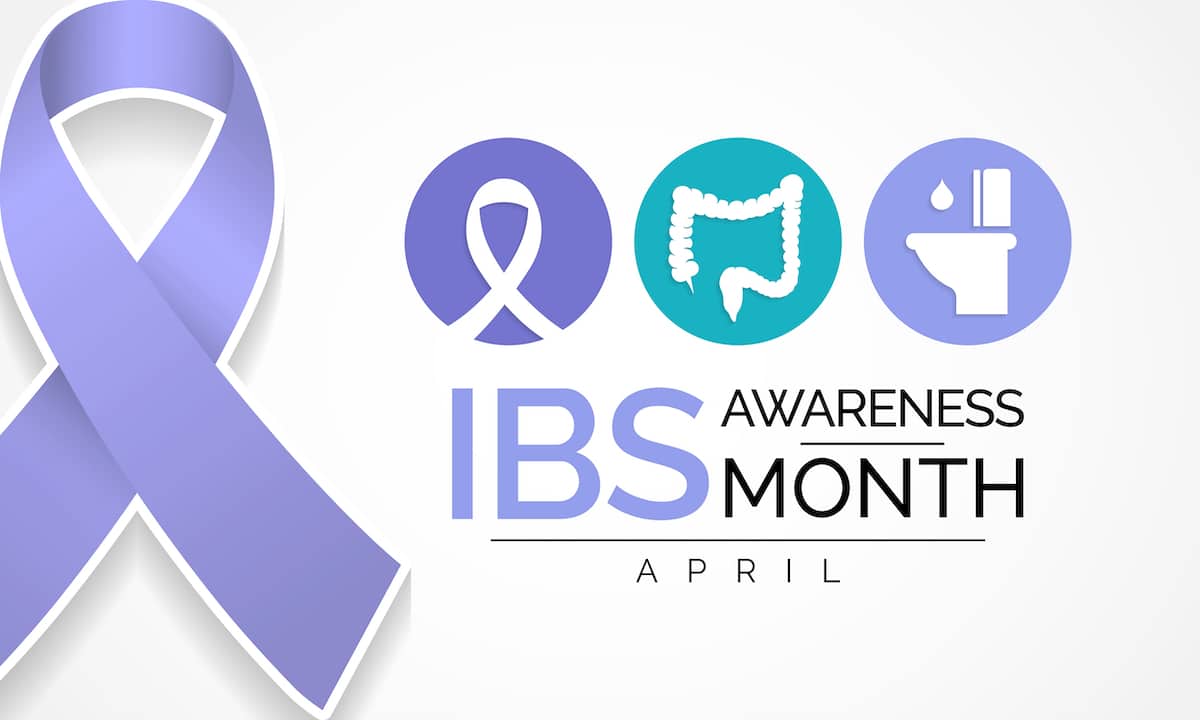

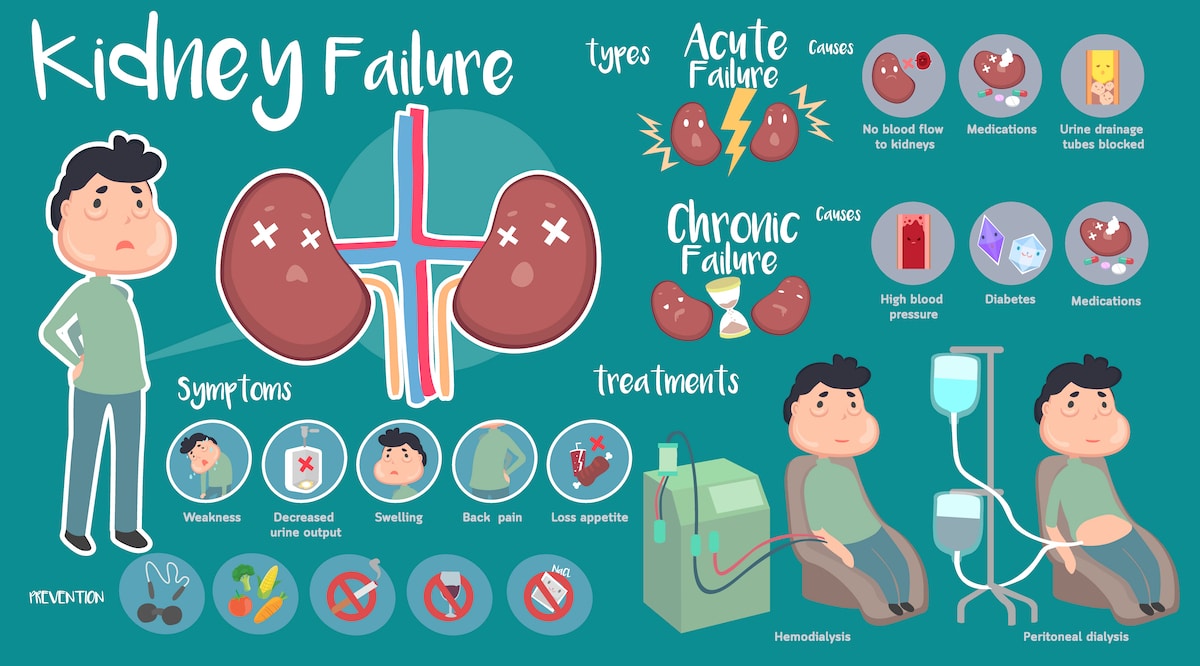

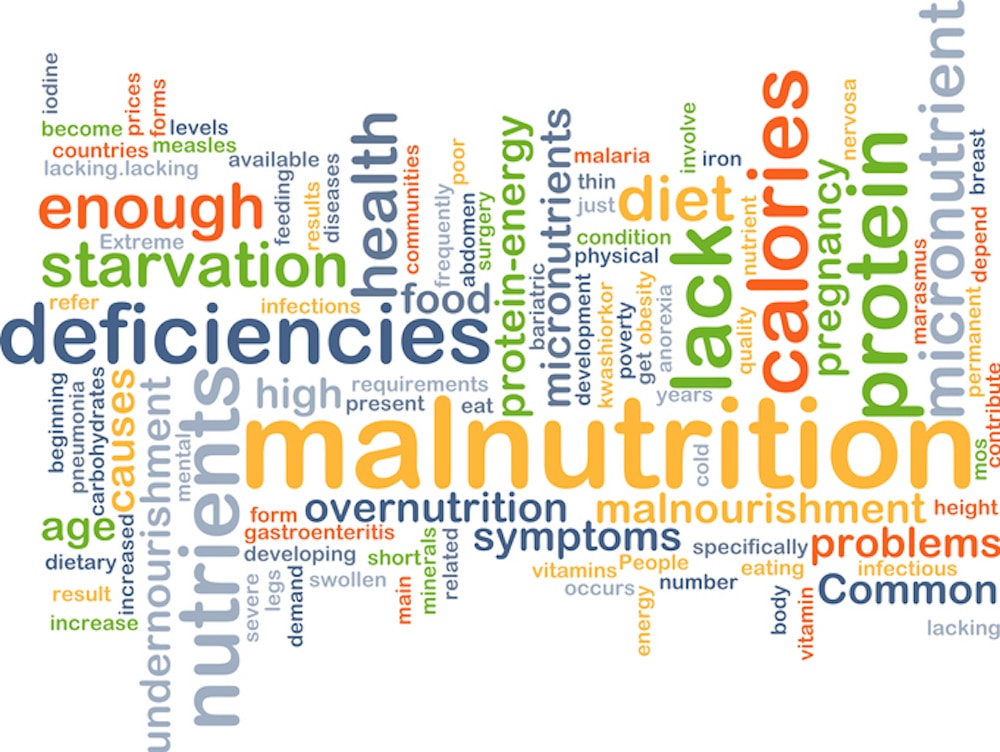


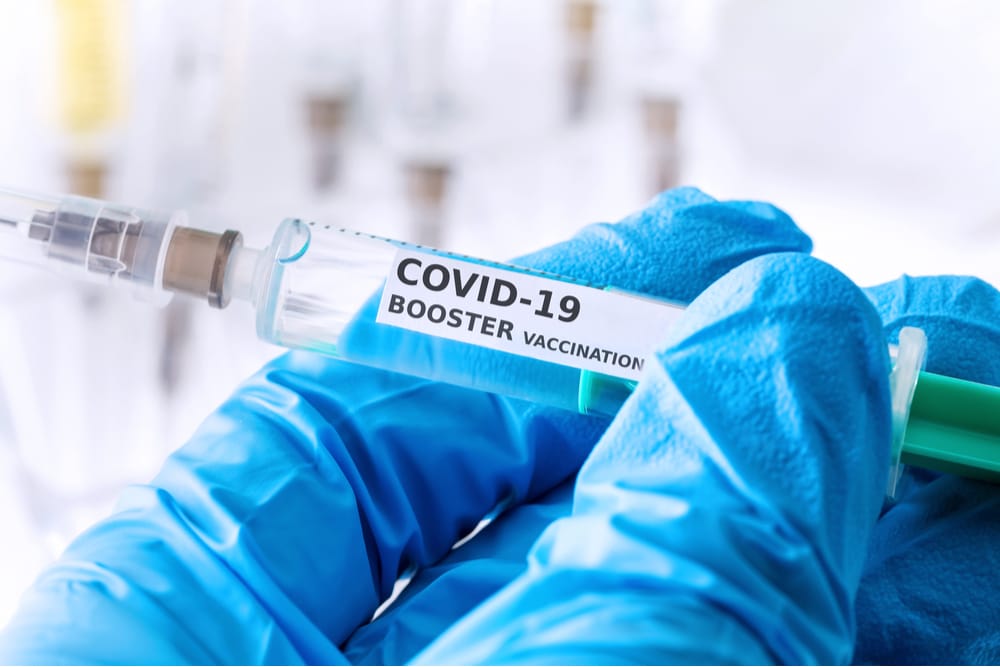

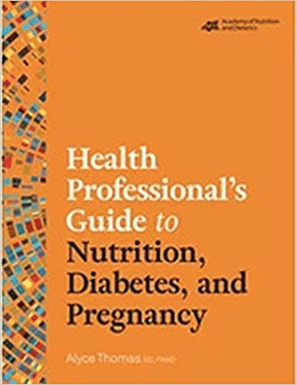



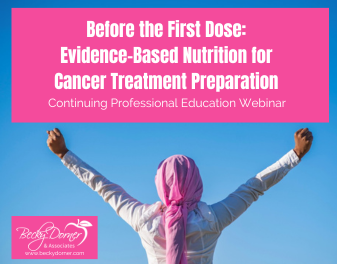



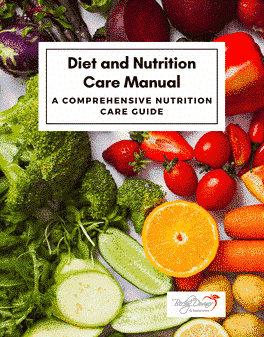



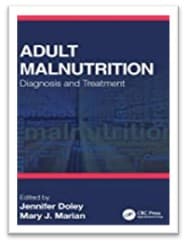
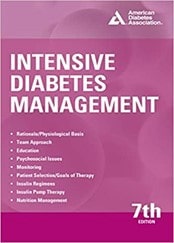


Connect With Us